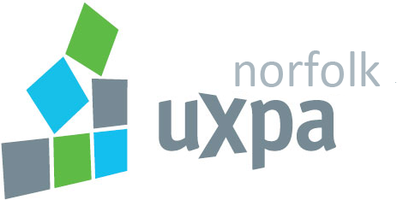| #portfolio #newsletter #stakeholders #solicitations #proposals #directmail #website #blogs #online #salescampaigns #branding #reputationmanagement #mediarelease #PR #video |  |
xTuple - World's #1 Open Source ERP
- xTuple.com (UPDATE: relaunched in Drupal 7 CMS, July 2015)
- Customer Case Studies and User Reviews / content marketing
- xTuple Style Guide (xSG)
- xTuple News Room
- xTuple.org (maintenance only, under construction in Drupal 7 CMS, targeted relaunch March 2016)
- xTupleUniversity.com (built with Drupal 7 CMS, targeted relaunch March 2016)
- xTuple Desktop client (new user interface, in development)
- xTuple on SourceForge
- xTuple on GitHub (new user interface, relaunched January 2015)
- xTupleCon - World's #1 Open Source ERP Global User Conference
- 2014 and Mobile App (available in Apple, Android Google Play and Amazon app stores until September 2015)
- 2013
- xTuple's YouTube Channel
- xTuple on LinkedIn
- xTuple on Pinterest
- xTuple on Twitter
- Main account @xTuple
- Sales account @xTupleSales
- eCommerce account @xTupleCommerce
- EDU account @xTupleU
Hampton Roads Partnership, a public-private consortium convening regional leaders among business, education, defense, technology, government and citizens, facilitating regional collaboration and action, pursuing global economic competitiveness, benefiting citizens of Hampton Roads; website designer and admin HRP.org; blogger SmartRegion.org (unpublished); author of Hampton Roads e-News; editor and communication for "Vision Hampton Roads"
Defense and Homeland Security Consortium, a Community within Hampton Roads Technology Council (HRTC), marketing lead, website designer and admin PentagonSouth.org (unpublished)
Viral campaign for Hampton Roads Partnership (HRP) in anticipation of Virginia's General Assembly Summer ’08 Special Session on Transportation BeatTheGridlock.com (unpublished)
Hampton Roads Chapter of the American Marketing Association
HRAMA.org and launched first Hampton Roads AMA blog
Personal and Professional Blog, includes my entire portfolio and/or links to all archived materials (see links on right-hand sidebar) MissySchmidt.com
and graphics PicasaWeb.Google.com/MGBlankenshipBlog
My YouTube Videos YouTube.com/MissySchmidt08
My SlideShows, PowerPoint Presentations, etc. Slideshare.net
Friendship Industries, Inc. – Media Information including Press Releases, Articles, Newsletters Friendship-Industries.com (archive by current owner)
Social Marketing On the Web: (a few of my favorite places, past and present)
- About Me
- MySpace (those were the days!)
- Slideshare
- Topix (whoa! that's really old stuff!)
*NOTE-confidential and proprietary materials are not archived or available for review




 with some interesting variety of responses to follow:
with some interesting variety of responses to follow:





























